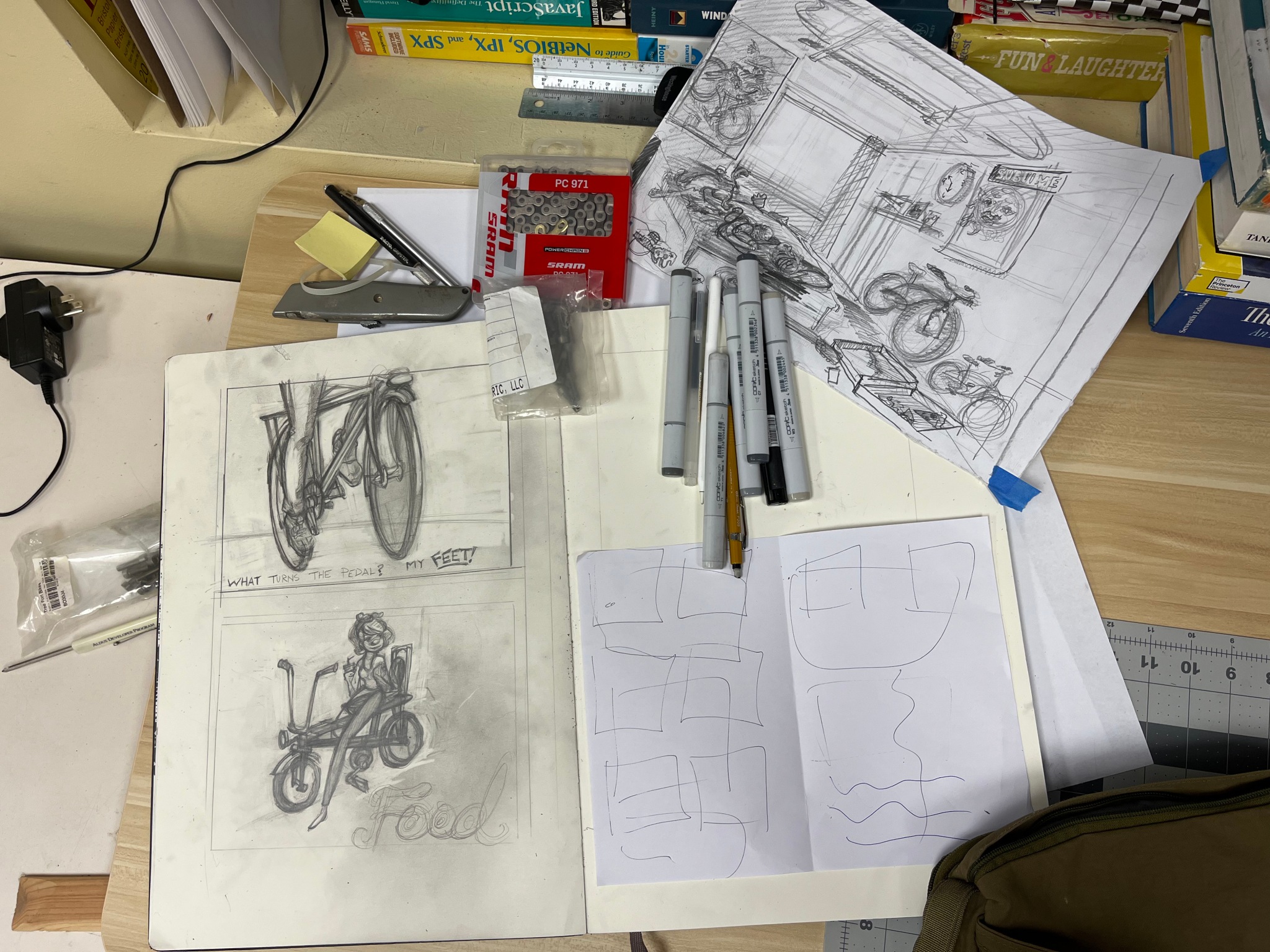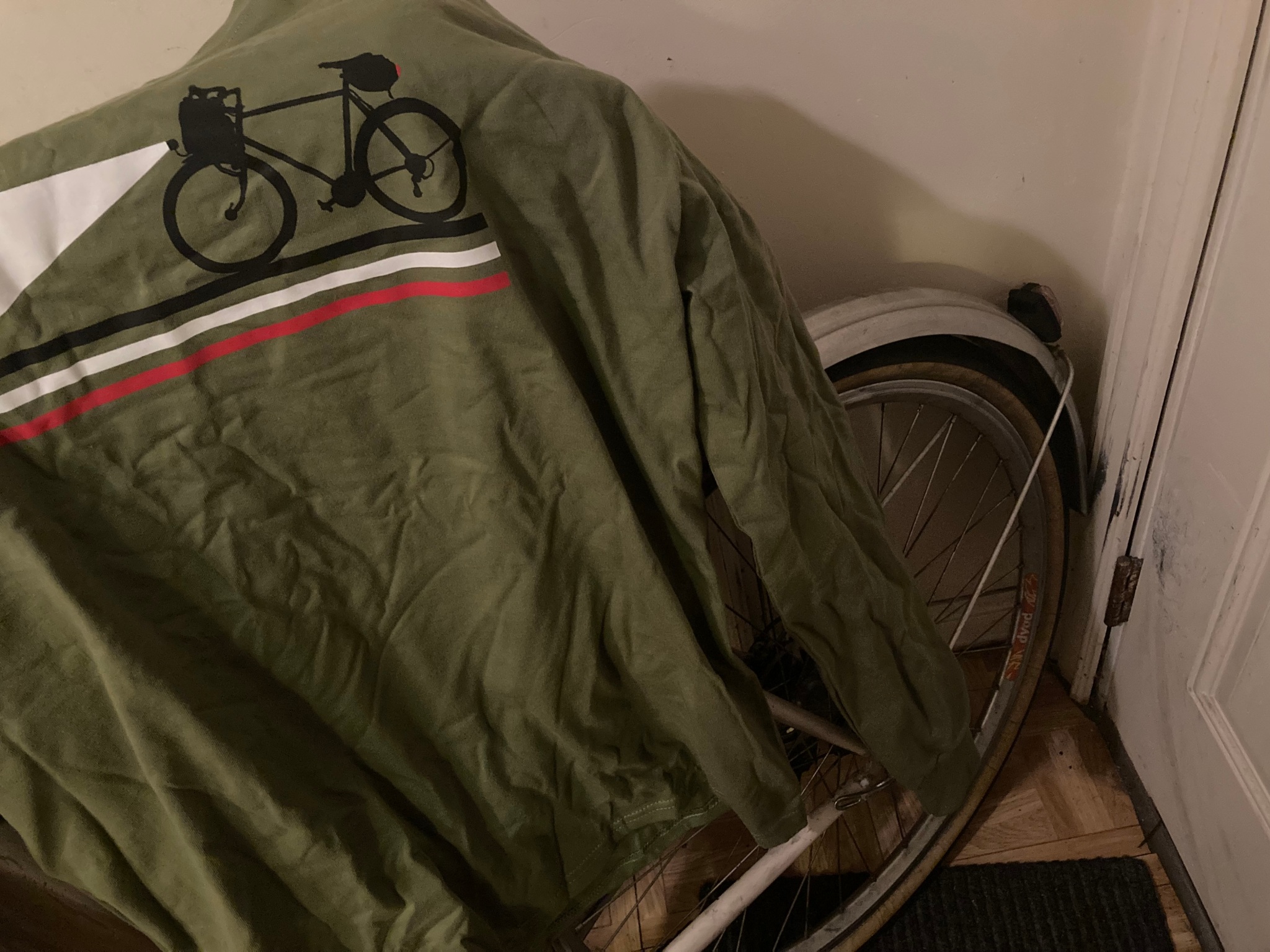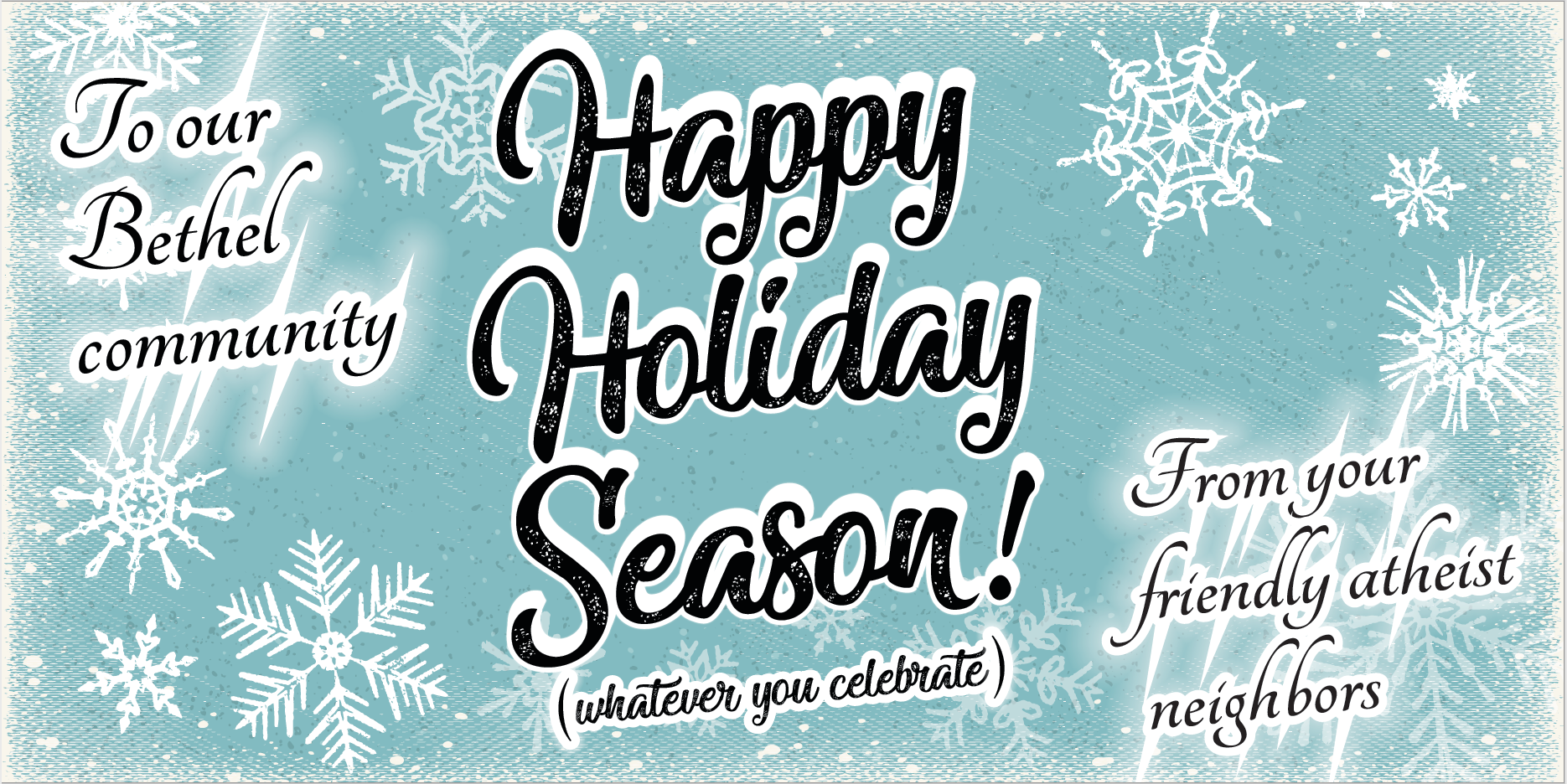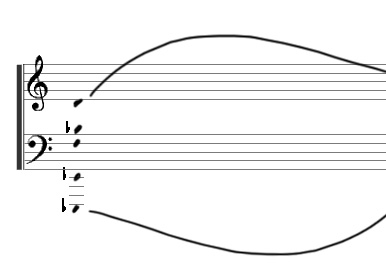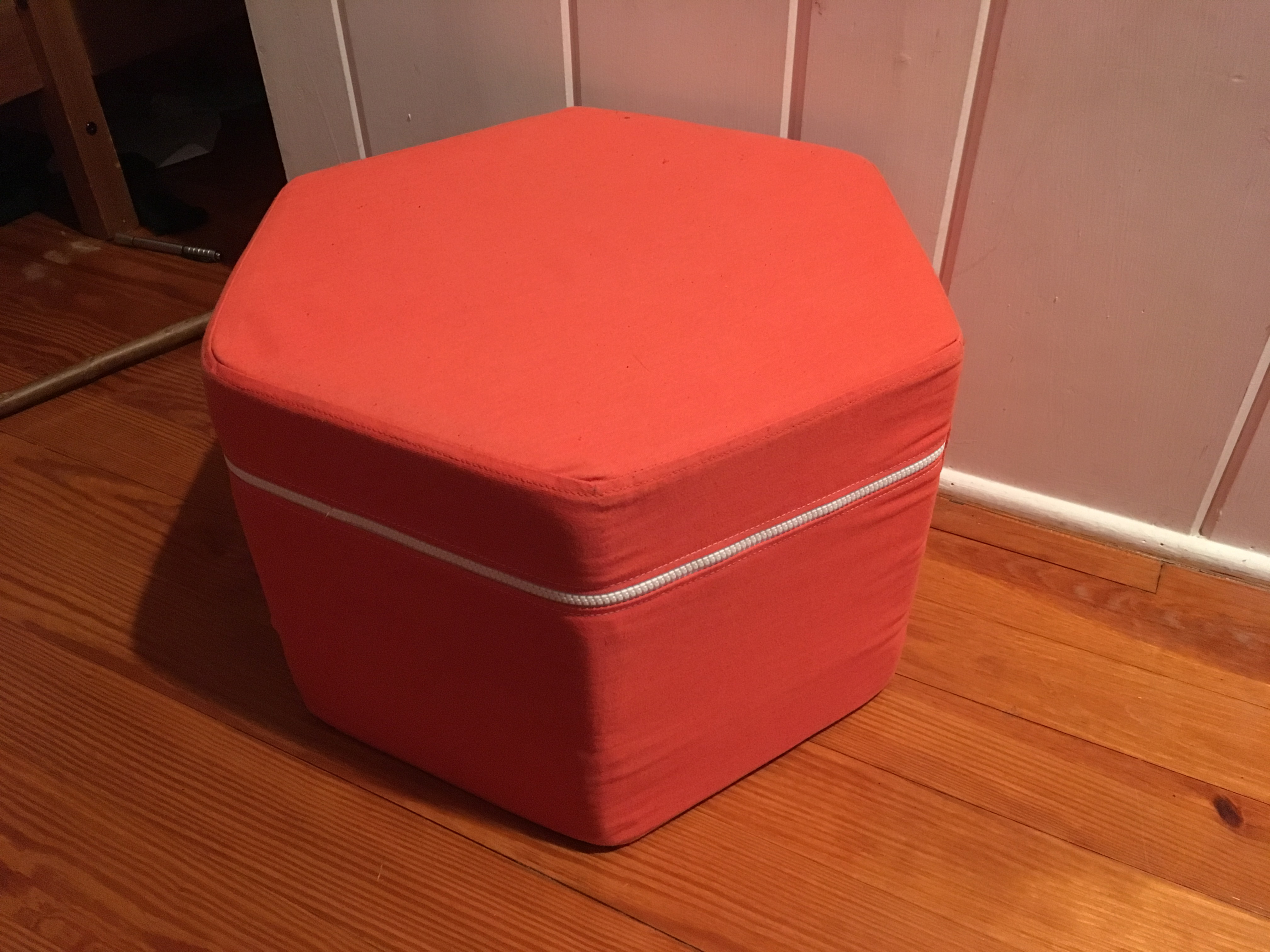My grandfather had a temper. He would “pop his top,” I was told. Voices would be lowered in the telling. That was one of his defining characteristics. The family stories involve fists. The fists are his, my dad’s, and my cousins’. The fists aren’t thrown in these stories, so either it was a lot of posturing or I didn’t get the good stories.
My father had a temper, too. He ran ice cold until he blew. Two speeds.
A few months ago, I walked out on my family. I left one child with a red, fearful face, and the other wide-eyed with trepidation. It was the end of a 99-stressor single-parent time-bomb day, and the hundredth had just come. I don’t remember what it was, but it was in the kitchen, and it was some extremely simple thing I’d micromanaged, one tiny step at a time, every single step done ridiculously wrong by the child, after ten or fourteen hours of every other possible thing being frustrated, one at a time, with no other parent around to shove this onto, and all the work things going wrong, and the car, and the money, and I — JUST —

There’s an instant, so small it seems between instants, when something in you makes a decision. It can be to fight, to explode, to rage… If you’ve never been taught what to do during that instant, it feels like there’s no other way. I never have been taught.
Nothing feels worse than two minutes after you explode at your kids, when the adrenaline drains out — unless it’s ten minutes after that, when someone tells you your kids have to learn that Dad’s human. It’s worse because not only does it underline that yeah, you WERE just an unacceptable asshole to the most vulnerable people in your own family, but in addition to dealing with the fallout from the explosion, you’ve also got to figure out what to do with well-intentioned enablers making excuses for bad behavior.
Yes. You were just an utter asshole. No, it was not OK. Yes, you scared someone.
Yes, there was more stress than you could handle. Yes, you resisted for days, minutes, seconds, whatever. Sure, if you want credit for that, I guess you get it, but no, what you did after that was not OK. In the instant that’s so small, it’s between instants, you made that left turn. Yes, I know you couldn’t find anywhere to turn right, and the brakes were out. You still made the left.
I’ve told therapists, in various contexts, that I need to know what to do. I need a plan that I can have ready to go, so I can just pull it out and follow it when I need it. I think it’s useless to tell someone what not to do, or even for them to realize it themselves. It’s only useful to give them something to do. In couples’ counseling, I was smiled at after I said that, and the conversation was guided elsewhere. I may have brought it up twice or so, I don’t remember, exactly, but not three times. After that, I didn’t bring it up again. But I still thought it was true.

So at some point this year or last, after losing it after X number of frustrating things I couldn’t handle piled on top of each other in too short a time period, I decided next time, at that instant, I’d just walk out. That would be the plan I could remember and reach for at that instant. It would feel bad to me — partly because it’s blatantly disrespectful to whoever I’m walking out on, and partly because it feels like losing when all my hormones are boiling up for the very purpose of NOT LOSING — but it couldn’t possibly feel as bad as two minutes after exploding at my children.
So… I did. The instant between instants came, and I knew that if I moved even a single muscle, or said a single word, a whole giant dam of lava would burst out.
And I walked OUT. I didn’t look at the child, say a word, nothing. I stormed out of the kitchen and out the front door and went and stood on the lawn and looked out at the entire universe I was enraged at.
And the rage dulled a little. But I’m middle-aged and know what happens when you go back into something after counting to ten. All you’ve accomplished is a ten-count intermission, and here we go, back to it, and now we’re in Act II, which has the climax. So I went over to the sidewalk, still in that state where if I were younger, I could convince myself it was time to go back in. I didn’t go back in, and started walking instead.
My kids are twelve years old. As the finale to a scary crescendo, they’d been abandoned in their house at night.
I kept walking, turned a corner, and tried to stay selfish as the guilt started sneaking in. Though I have my helicopter moments, I’m basically not a hoverer — I don’t repeat the exceptions to that statement once I notice them, and I expect Urgent Care visits as part of parenthood — but I felt deeply that leaving them was wrong. I kept walking. The plan was to disengage, and I was following it, though I couldn’t remember why. I just knew it was the plan.
There’s a gas station at the corner of the next street. I went in and bought ice cream.
I did not go the shortest way home with the ice cream. I went the long block instead of the little alley street. It was dark. My house had the kitchen lights on. My kids were inside near tears. Neither knew where I’d gone, or when I’d be back. One probably felt it was his fault. They were both scared.
First positive reinforcement: I was right. It didn’t feel as bad as two minutes after an explosion.
So I explained that I didn’t know what else to do, but I knew I was going to explode, so I broke the cycle. Maybe I did a good job, maybe I didn’t. Maybe it was the right thing, maybe it was the wrong thing. But that’s what I was trying to do: break the cycle. And I did.
Second positive reinforcement: They understood. And look — now we can just apologize to each other, nobody got exploded at, nobody feels awful — bad, sure; scared, sure; but not awful — and we have ice cream.
They told me some more how scared they were, I apologized some more for that, and we all thought, you know… that was actually kind of good.
Let’s try to do that next time, too.

They were bickering in the kitchen, and the crescendo was building. Remember what we talked about, I said when I walked in. Remember what I did that other night? Remember breaking the cycle? It ended with one of them leaving. He was NOT happy. His brother DID complain about him when he left. There ABSOLUTELY WAS stewing and steaming.
But we did it.
Break the cycle, I told them again, when they were bickering again, and a child with a face as resentful as faces can get, red and blotchy and ready to blow, walked out.
I was working in the living room one day, and a child came and sat down next to me and said nothing.
Okay, I said, when the distraction was too much for my work concentration. What’s up.
I’m breaking the cycle, he said.
And I was like—
Whoah!
This works?
Not the cycle thing, but the modeling behavior and having them practice it thing? It works? After just two practices?
We added to it: Tell the other person that’s what you’re doing instead of just leaving.
And then a week or a month later. Plop. Child. What’s up? I’m breaking the cycle.

This is a Rosh Hashanah post. Junior Chef and I made challah today, and took the loaf to a local park with running water for tashlich. Tashlich is a Rosh Hashanah tradition of casting your sins away, in the form of bread crumbs. We’ve done it every year, even back before we were a three-dude family, and every year, I re-explain what we’re doing. We’re not feeding ducks, we’re throwing away the mistakes we’ve made and thinking about how to do better. The Jewish concept of sin isn’t the Christian concept. All it means is you missed, try again better. You know what you were supposed to do. So we’re throwing away our guilt or depression about the miss, and just taking a better shot.
Today, it came to me what tashlich really meant this year: We hadn’t missed.
We hadn’t missed.
We put the frisbee in the car and went over onto the little bridge while a local Jewish group started their guitar playing and speeches on a makeshift stage a few hundred feet away, and I said:
My grandfather — your great-grandfather — had a temper…
— And my father …
— And I …
— And you …
And in four generations — probably a hundred years — you are the first ones who can break the cycle.
So yeah, think about whatever you did this year that you need to do better. We’re still doing that. But we’re not really here to throw our sins into the lake this year. We’re here to say:
Well done.

L’shana tovah.

